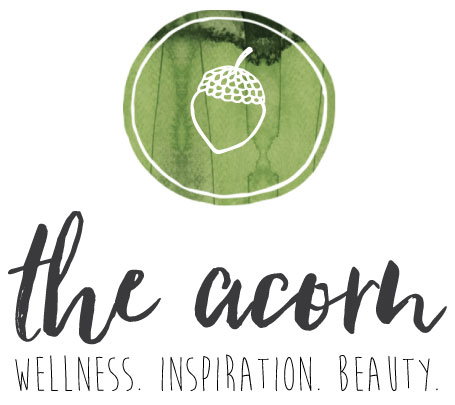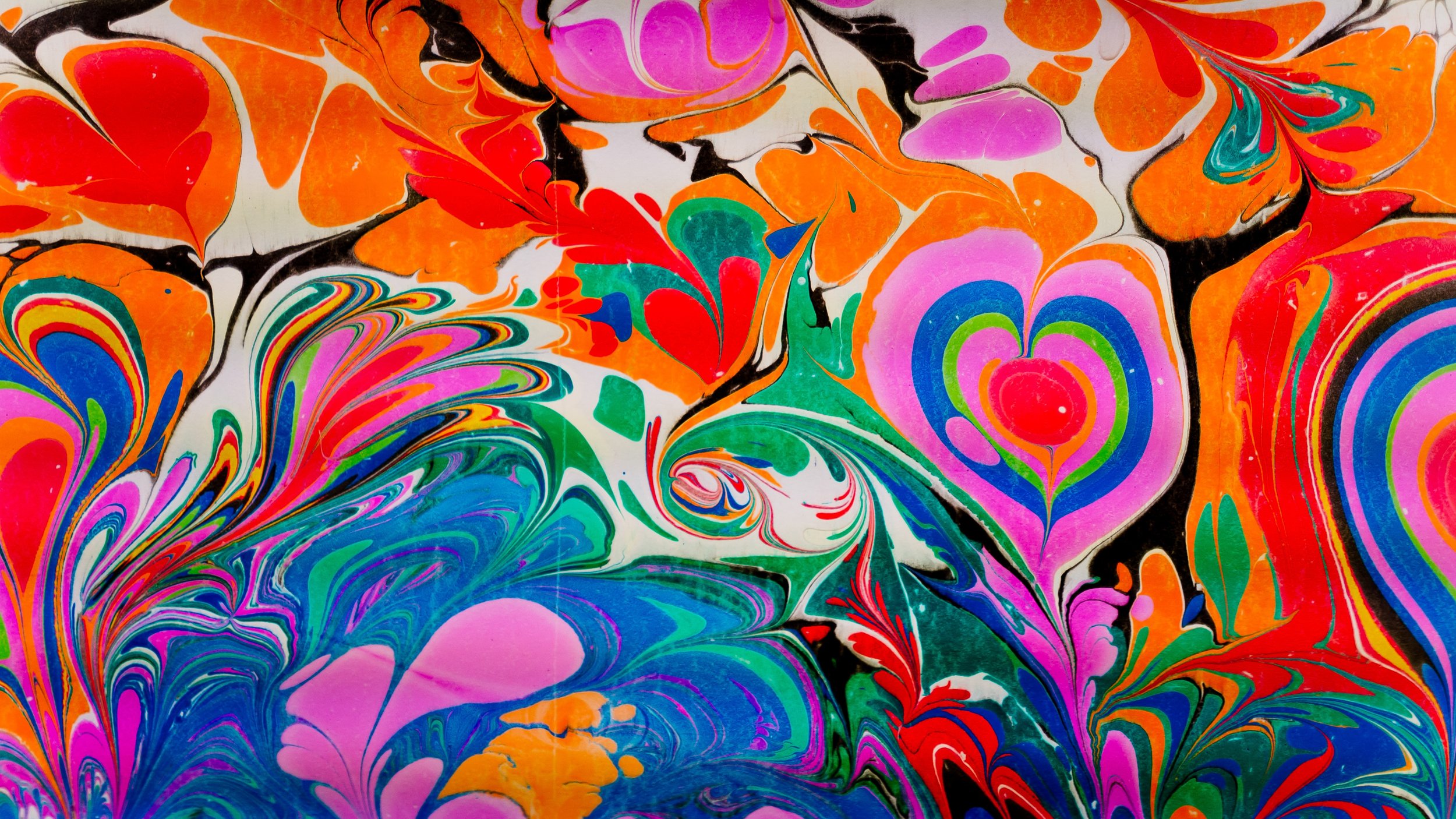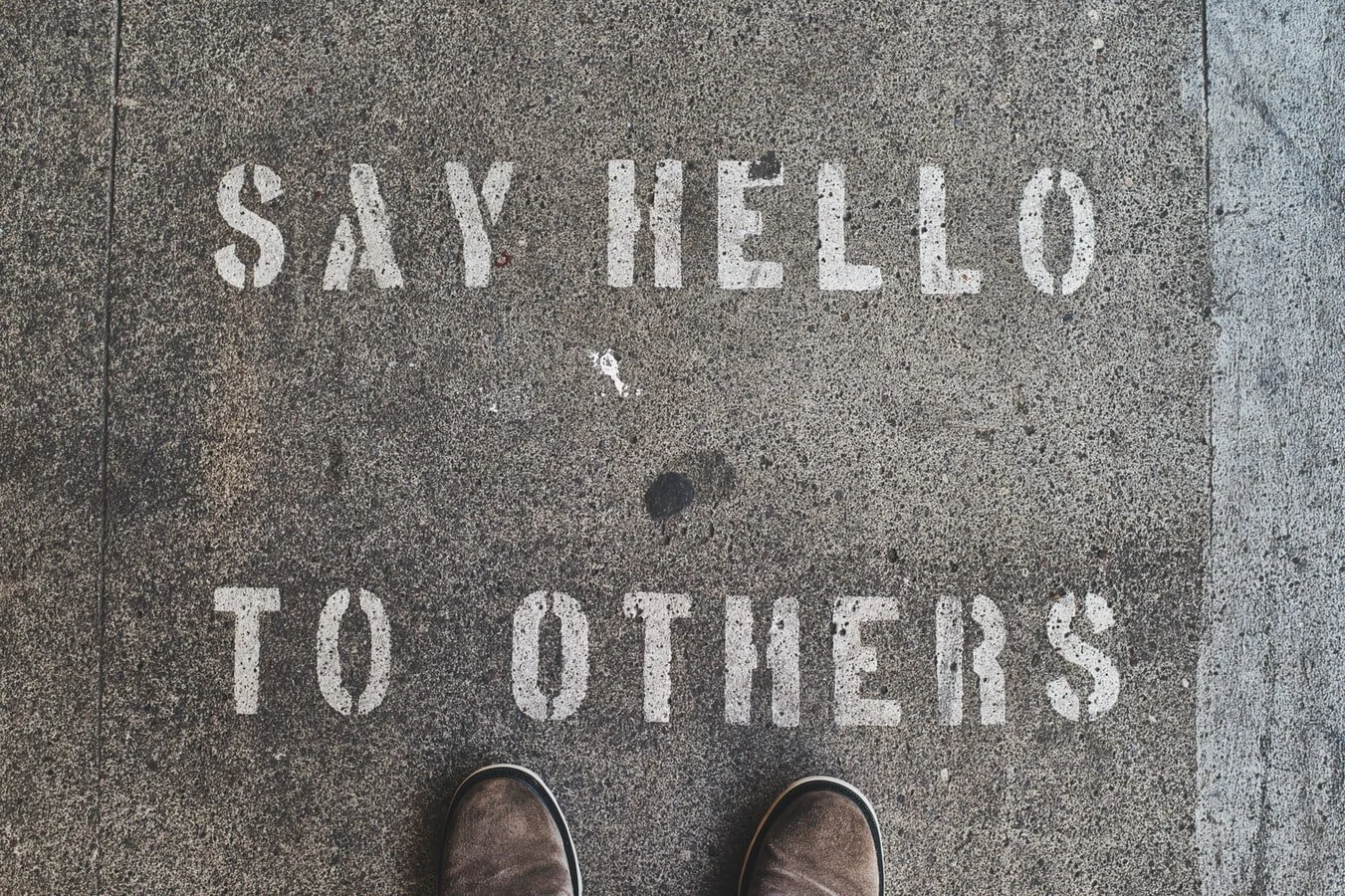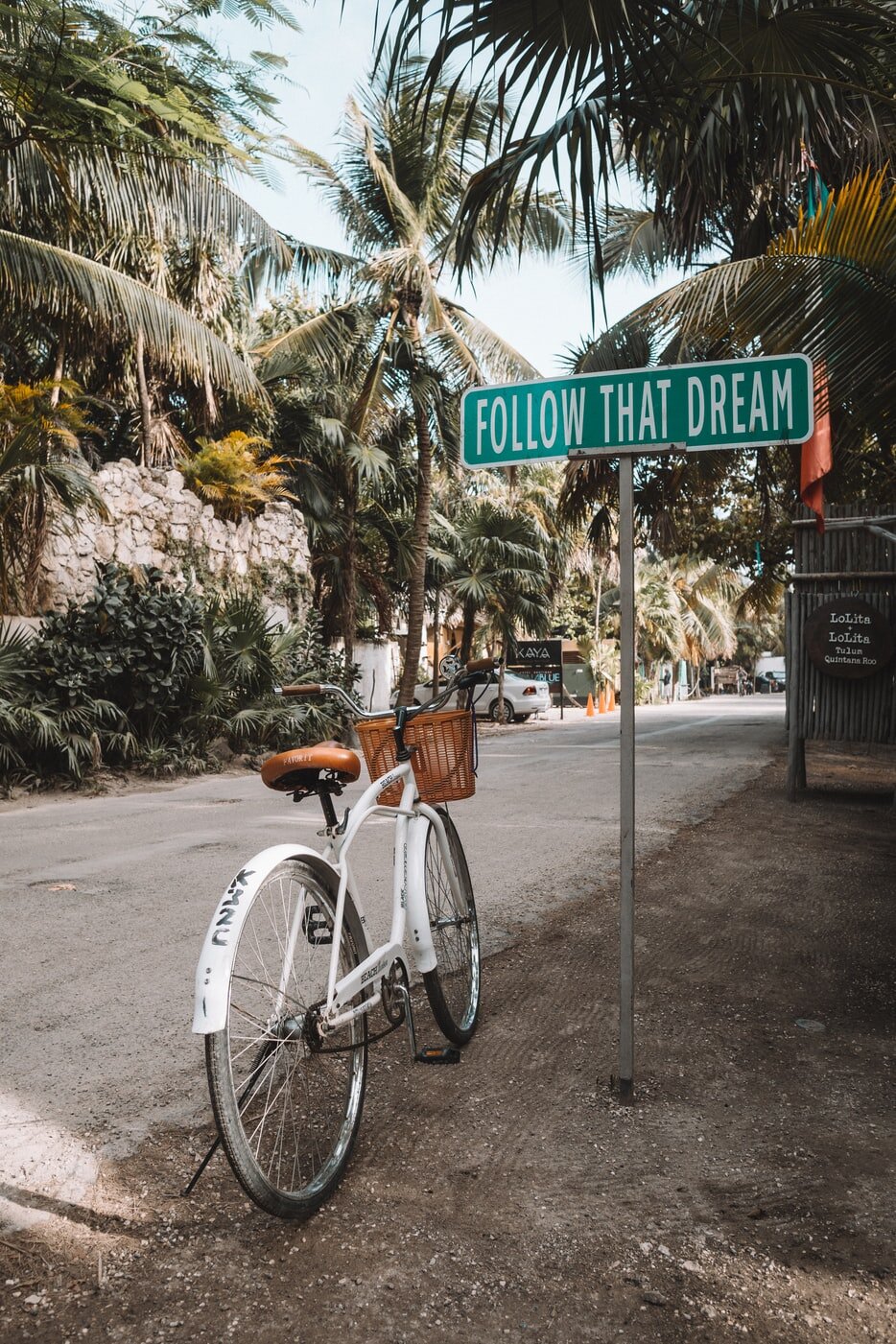Not too long ago, psychedelics were the symbol of a radical counterculture. If the past few years have taught us anything, it’s that times change.
Cue 2022, and psychedelics are on the cutting edge of treatments for depression, anxiety, addiction, PTSD, and trauma.
The therapeutic use of psychedelics goes far beyond mushrooms, of course. LSD, MDMA, Ketamine, Ayahuasca, Bufo - we could talk for days about where this is headed.
For the purposes of this article, we’ll look at the original, organic, found-at-your-feet variety of game changer.
Move over marijuana; magic mushrooms are poised to become the next big thing in your medicine chest.
What Makes Mushrooms Magic?
Psilocybin, the active ingredient in psychedelic mushrooms, triggers connections in the brain not usually present when we’re wide awake. MRI scans have shown that this connectivity is similar to when we’re dreaming or in an advanced meditative state.
“These enhanced connections are responsible for creating a different state of consciousness,” says Dr. Paul Expert, a methodologist and physicist from the Imperial College of London. “Psychedelic drugs are a potentially very powerful way of rewiring brain function.”
Due to this promise, psilocybin has been decriminalized in many regions of the U.S., including Washington, Oregon, Michigan, and California. Several regions in Canada are close behind, with a “don’t ask, don’t tell” policy the prevailing norm. It’s remarkably similar to pot’s path to legitimacy a decade ago.
Therapists are increasingly recommending the use of psilocybin for its role in treating anxiety and depression – forms of mental health that have exploded over the past two years. By some estimates, depression has tripled since 2020, and anxiety has doubled.
If there’s a role for the humble mushroom in tackling the current tidal wave in mental health, it’s almost certainly worth investigating.
The Science
Johns Hopkins conducted a study in 2020 that researched how psilocybin acts differently from traditional antidepressants in the body. It found that rather than flooding the brain with serotonin (a neurotransmitter known for impacting mood, cognition, and memory), psilocybin stimulated neuroplasticity — the brain’s ability to forge new neural connections, and therefore, to heal itself.
In April 2021, the New England Journal of Medicine published a study reaching the treatment of severe depression with psilocybin versus anti-depressants. Its findings? Psilocybin was equivalent in its effect to commonly prescribed anti-depressants but resulted in fewer side effects.
And then there’s the exhaustive research behind the New York Times bestseller How to Change Your Mind. Michael Pollan, a Harvard and Cambridge trained journalist and eminent social philosopher, set out to investigate whether psychedelics were hype or the real deal.
Though his original intent was to conduct research from behind a keyboard, he became a participant in psilocybin trips (among other psychedelic journeys) . The resulting tale of his path to healing past trauma may have been the tipping point for psychedelic mushrooms, pushing them into mainstream consciousness as a legitimate therapy for mental health.
Taking psychedelics will eventually become a legal, accessible, and mainstream form of self-care, says Dr. Mike Dow of Field Trip Health. “This is mental hygiene.”
Getting Your Feet Wet
Like any idea that’s moving from the fringe to the mainstream, magic mushrooms remain controversial. Many reputable organizations are hard at work legitimizing psilocybin for therapeutic use. The hallmark of these groups is the supported use of psychedelics in a therapeutic setting.
Meanwhile, a growing number of companies offer micro doses of mushrooms that walk the line between recreation and therapy. Micro dosing, as its name suggests, is less about tripping out, and more about heightened focus, clarity, and mood.
Macro dosing, on the other hand, is best done in a therapeutic setting, especially if the aim is mental health.
No matter your thoughts on the subject of magic mushrooms, it’s worth keeping an open mind.
The growing evidence on the therapeutic effects of psilocybin is turning out to be as mind-expanding as the substance itself.
Resources
Field Trip - a psychedelic-assisted therapy program that treats a wide range of mental health conditions. It has locations throughout North America and Europe.
Mindspace – a Montréal based clinic that’s at the forefront of combining psychedelics with psychotherapy.
Sero – short for ‘serotonin’, the chemical released upon ingesting psilocybin (known for impacting mood, cognition, and memory). This company is based out of Vancouver and Toronto and offers micro and macro doses by mail. Their website is chock full of resources.
MAPS – The U.S. based Multidisciplinary Association for Psychedelic Studies has been around since 1986 and is highly involved in government research. It’s one of the most reputable sources on the subject.
How to Change Your Mind – Michael Pollan’s opus takes a deep dive and holds nothing back.























